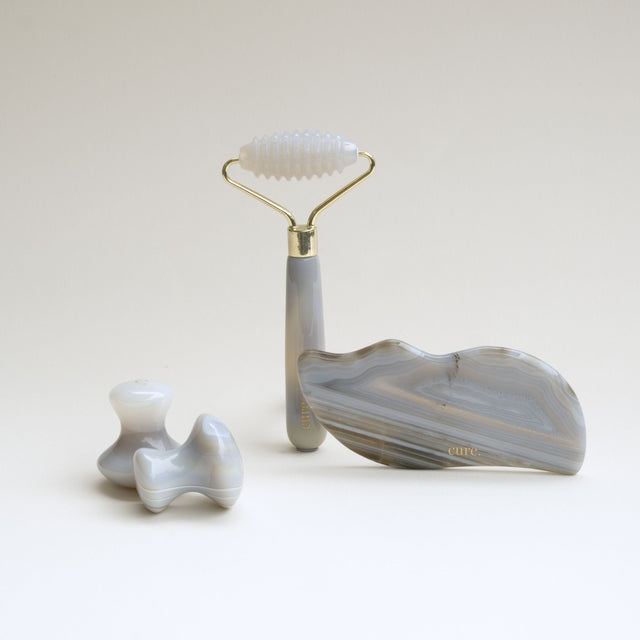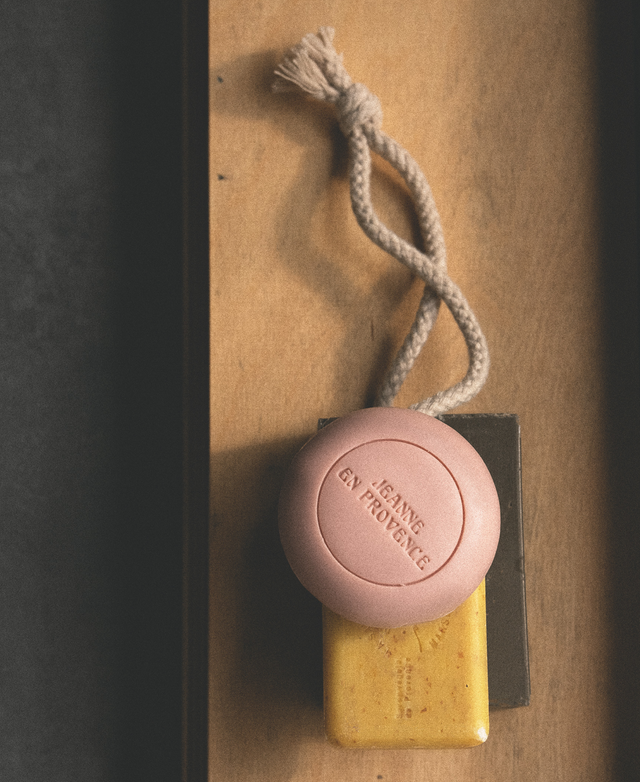What hinders us from taking care of ourselves
Self-care is an ongoing process that goes beyond a one-time trip to the spa or a salon procedure and extends into our daily routines. However, sometimes finding time for self-care becomes exceptionally challenging. Why does this happen, and what acts as a barrier to self-care?
Often, we prioritize goals and achievements in life, while we push our own well-being to the back burner or simply ignore it. Yet, this approach can lead to emotional burnout, a condition many working individuals face. Taking care of ourselves is the foundation of physical and emotional well-being. Prolonged neglect of our needs can lead to losing touch with ourselves.
Sometimes, we equate self-care with selfishness. It can be easier to care for others than for ourselves. However, we can prioritize our needs without harming our loved ones. This is one of the key elements in building healthy self-esteem.
At times, self-care is associated with comfort, but that's not entirely accurate. Sometimes, in order to care for ourselves, we need to step out of our comfort zones, whether it's visiting a doctor, undergoing medical examinations, or changing dietary habits.
During challenging life phases, self-care and relaxation can become incredibly difficult. Instead of taking a walk in fresh air or enjoying an evening bath with a book, we may opt for endless scrolling on social media while consuming fast food or overload ourselves with work. Yet, it's been proven that self-care reduces the level of the stress hormone cortisol. In stressful situations, it's crucial to exercise discipline and take actions for our own well-being, even if they don't yield immediate results but prove beneficial in the long run.
Steps towards self-care
- Plan time for yourself. Allocate moments in your schedule for personal time and engage in activities that genuinely interest you. Make sure to acknowledge your emotions during these moments, including the less pleasant ones.
- Slow down and connect with your body. To truly hear yourself and understand your needs, establish a connection with your body. Try to perform morning and evening rituals consciously, applying cream, giving yourself a gentle facial or body massage, paying attention to your sensations.
- Ask yourself questions. Pause occasionally and, in addition to asking, "What should I do today?" inquire, "How do I feel?" and "What do I want to do?"
- Find companionship. Engaging in activities like yoga, swimming, or dancing with a partner or a group can be more effective as it provides a sense of support and encourages regular participation.
- Praise yourself. Not for the benefit of others but for showing care and attention to yourself. It's often harder to treat ourselves kindly than it is to treat others, but every act of self-compassion is a significant step toward inner freedom.








